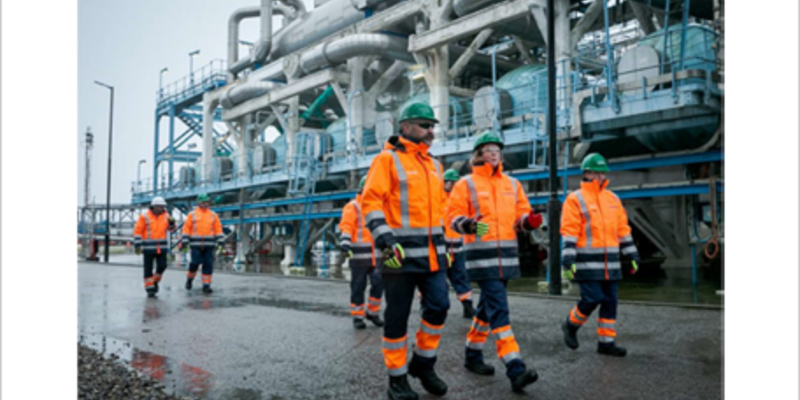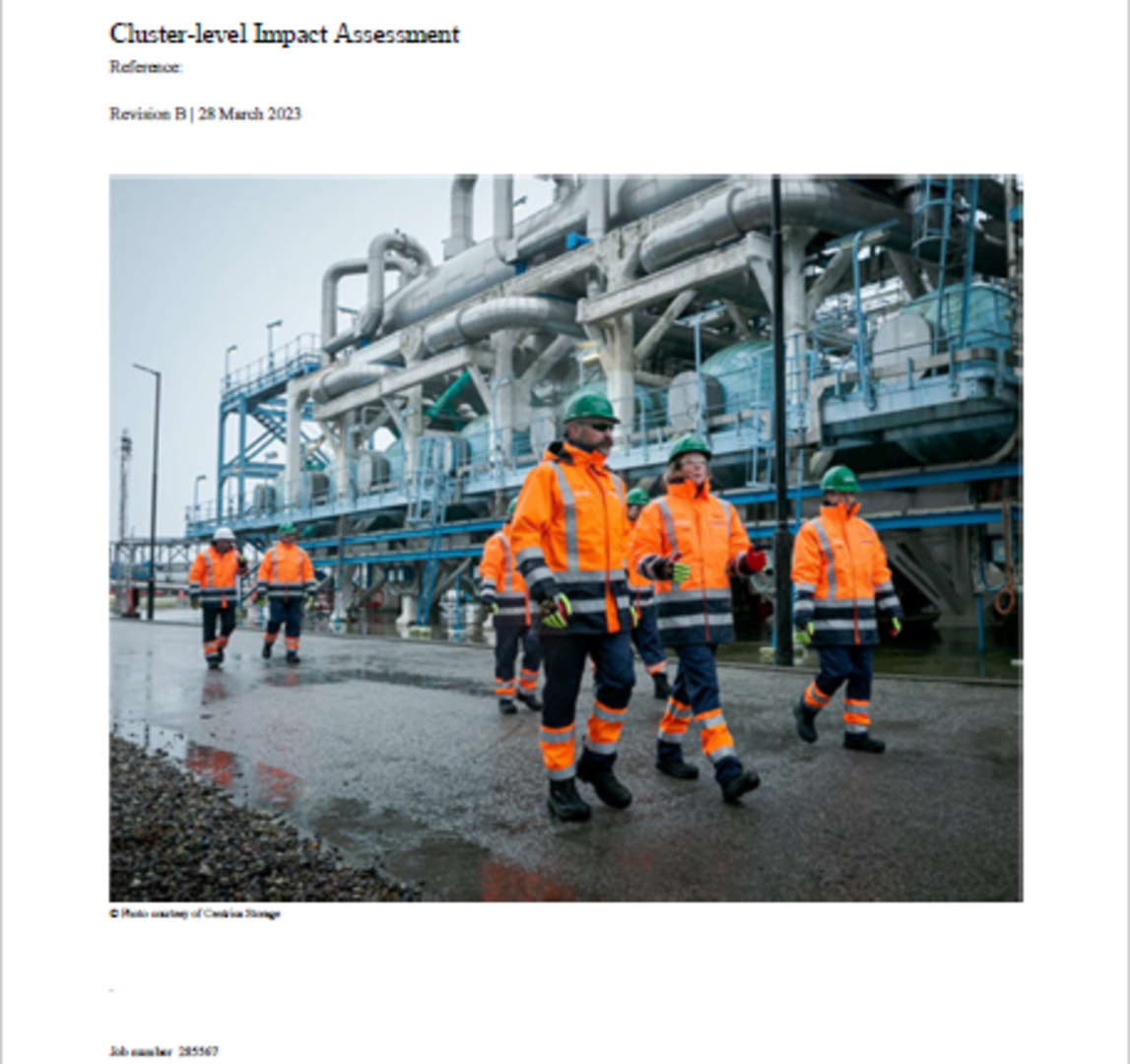Impact Assessment Launched
Setting the bar high to transform the Humber’s industries, avoid unintended impacts and become a global exemplar for sustainability.
Setting the bar high to transform the Humber’s industries, avoid unintended impacts and become a global exemplar for sustainability.
Setting the bar high to transform the Humber’s industries, avoid unintended impacts and become a global exemplar for sustainability.

The Humber Industrial Cluster Plan (HICP) aims to take the UK’s largest emitting industrial cluster to net zero by 2040 setting out a vision for a sustainable future. Given the imperative of global warming it is vital not to delay, but it is equally vital to address wider cumulative impacts and maximise opportunities created by the energy transition.
The HICP is a significant body of work; it was the result of a 2-year partnership between local government, 8 industrial partners, and world leading experts. It is based on robust emissions modelling, a market, policy and regulatory review, and studies on social/cultural aspects, inward investment, skills and supply chains. The Plan concludes with 7 ‘Mandates for action’ which are built on firm evidence.
In addition to distilling and collating the final outputs for the HICP, Arup were commissioned by CATCH and the HEYLEP to draft a separate cluster-wide impact assessment. Building the infrastructure required to get to net zero will create impacts. It is critical that cumulative impacts are considered, aggregated and mitigated effectively rather than considered solely on a project-by-project basis. Doing this will avoid planning delays, avoid unintended consequences and maximise the benefits the industrial transformation offers. The 17 UN Sustainable Development Goals were selected as a framework against which to measure and manage the transition to raise the bar for the Humber and set its sights on being a global exemplar. The desired outcome is to achieve net zero whilst help the region’s growth in a way that benefits the communities living and working across the region, and the area’s environmental richness.
This cluster wide impact assessment is a prompt to both developers and assessors within the planning system to streamline planning activities. Whilst turning strategy in action, it will help to ensure that the Humber succeeds in line with the UN Sustainable Development Goals and becomes a catalyst for change in other industrial clusters.
David Talbot, CEO CATCH said ‘CATCH is committed to supporting the 7 mandates for action highlighted by the HICP. The region has a strong and cohesive voice, and we need to ensure that the message remains prominent, not only within industry, but across government and local communities. From our experience of delivering the Cluster Plan alongside our colleagues from the HEY LEP and industry, coupled with our Membership of Public/Private organisations across the region, CATCH is uniquely positioned to support the work to keep the Plan alive and monitor its impact. We remain at the centre of further legacy plans and are working closely with the Humber Energy Board, Deployment Project partners, Public Sector, Academia, HICP industrial steering group members and Future Humber, so watch this space!"
Adrian Anderson, Hydrogen Lead of Arup said ‘It’s been a privilege to be on this journey with the Humber Industrial Cluster. We now need to integrate strategy into collaborative action and ensure the Humber succeeds in line with the UN Sustainable Development Goals, becoming an exemplar to the world’.
Dedicated to sustainable development, Arup is a collective of designers, consultants, and experts, working globally. Founded to be humane and excellent, we collaborate with our clients and partners using imagination, technology and rigor to shape a better world.
Click here to read - Impact Assessment
